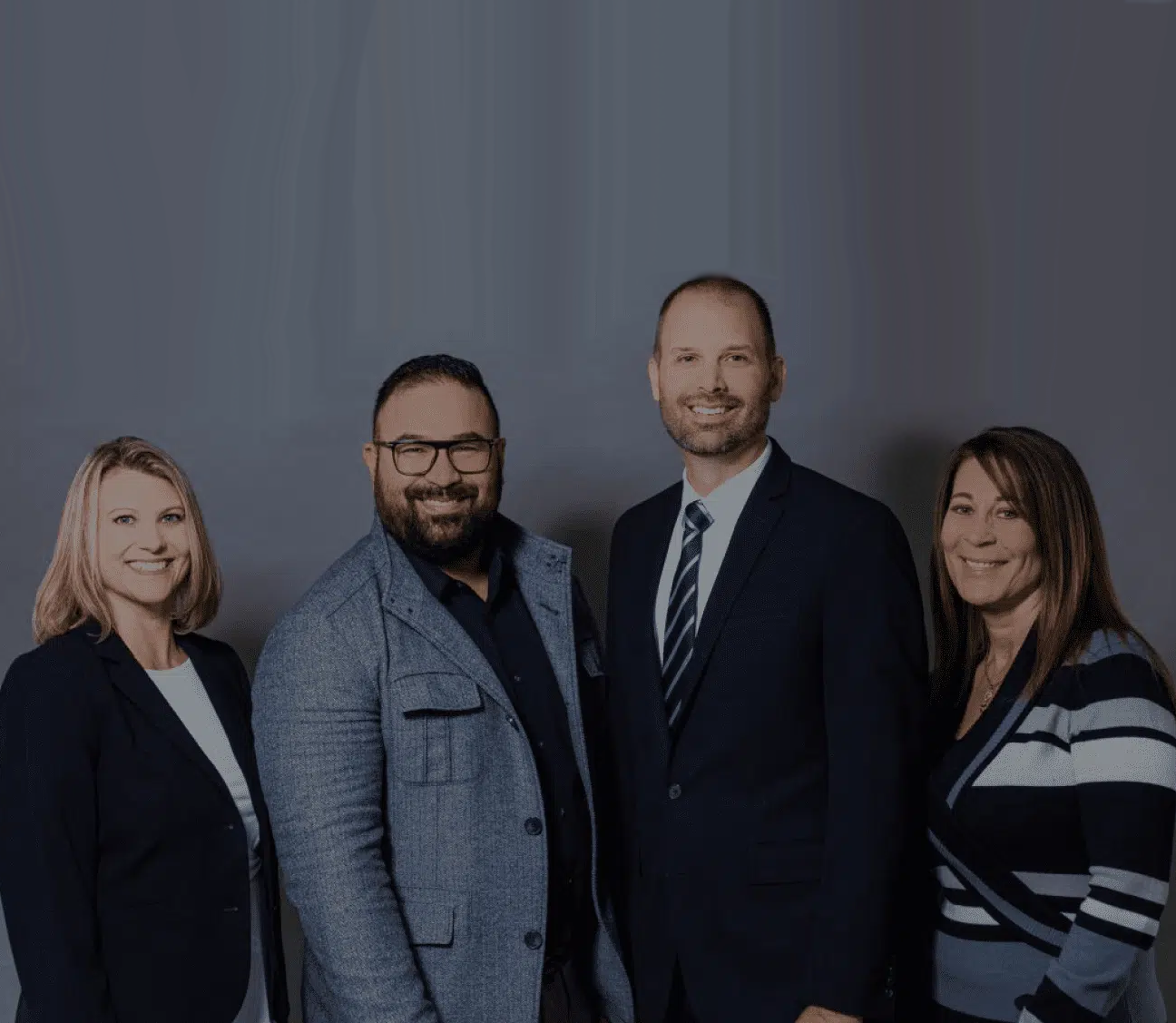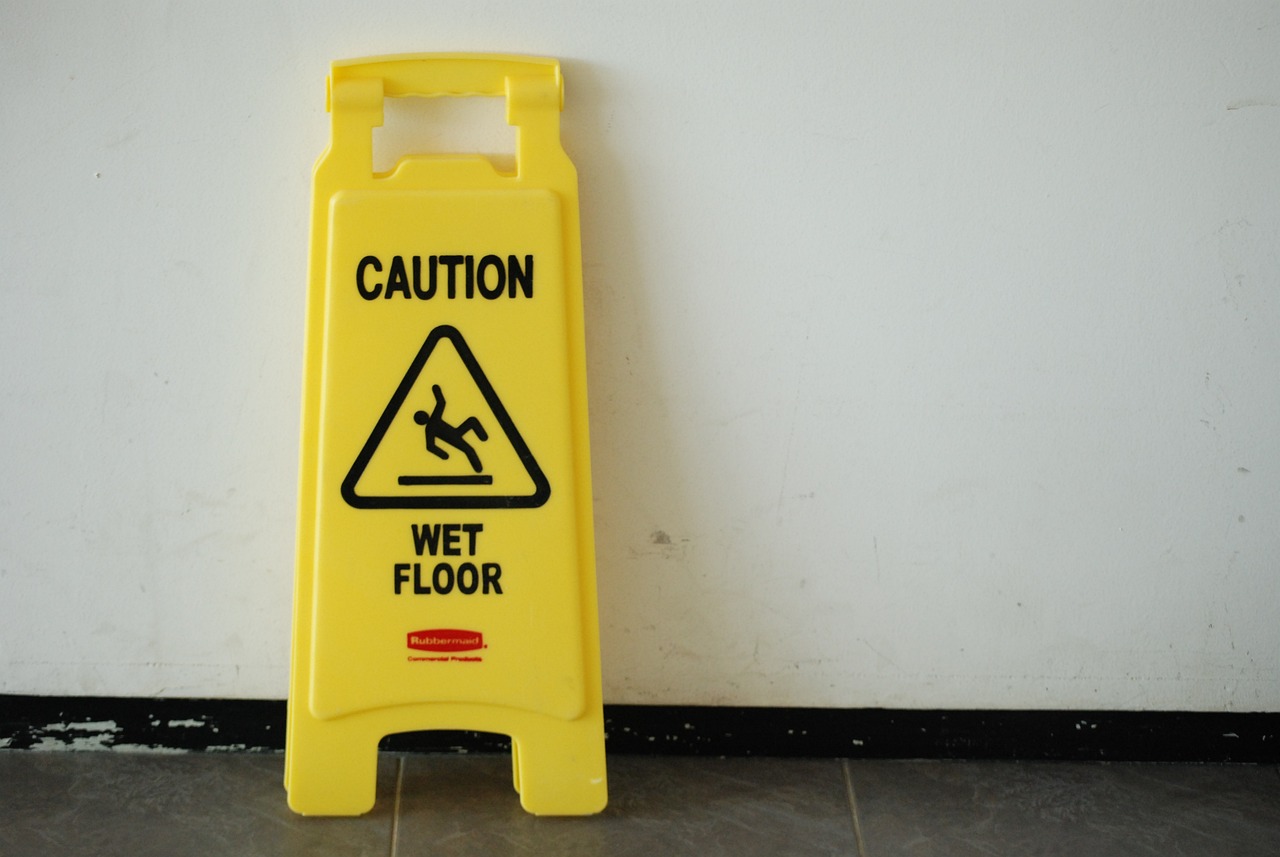We’ve emphasized – and will continue to emphasize – the importance of getting the proper medical treatment after an accident or collision. But after you’ve reached a point where no amount of medical treatment will help you recover, what do you do next? That means it’s time to work on resolving your case. Here are the first steps you’ll need to take.
Gather Medical Records and Proof of Damages and Submit Demand Package
In the first stage, you and the attorney will gather your proof of damages. The attorney will gather your medical records and ask you for proof of your other damages such as proof of wage loss, receipts, pictures, journals, etc. Once all of that information is gathered and an evaluation of the case is completed, a demand package is sent to the insurance company. This process can take a few months to complete. Once the insurance company evaluates the claim the parties begin to negotiate. If the parties can agree on a fair valuation the case will settle, if not a lawsuit is started.
Start a Lawsuit
The lawsuit is started by filing a complaint in court. The defendant must then answer the complaint by filing a response with the court. Then the litigation process gets into full swing. Once the parties have responded to the lawsuit, the process of discovery begins. Depending on the type of case, discovery can be minimal. It could range from a few questions and requests for documents to more extensive where the requests are a lot more extensive and multiple depositions are conducted. Once the discovery process is completed, the case will proceed to mediation, arbitration or trial (and possibly appeals). The litigation process takes on average from 6 to 18 months to fully resolve. At any time in the process, the parties can settle the case.
The Litigation Process FAQs
If your case is unable to be settled prior to filing a lawsuit, then it must go onto the formal court process. In most cases, you have three years to try to resolve your injury case outside of the court system. To best understand how this process works, you’ll need to understand some of the terminology as well. Here are a few frequently asked questions about the litigation process and subsequent answers.
What’s a Complaint?
The complaint is the legal document that describes what your case is about. It will include the names of the parties involved, a description of why the court is allowed to hear your case, the basic facts of the case, and the legal claims that you are bringing. Filing the complaint in court is what starts the legal process. Once filed, a process server will generally be hired to serve the defendant with the complaint.
What’s the Difference Between Superior Court and District Court?
A district court can address cases for damages up to $100,000. If you have a jury, there will be a jury of six people. For an injury case, you will need to have five of the six jurors find in your favor to win. There are also procedural legal issues that are handled in a more efficient manner, such as allowing testimony via a written statement instead of all witnesses having to testify in-person during the trial.
In contrast, superior court cases can award an unlimited amount of damages. If you have a jury then either six or 12 jurors will hear the case. If you have 12 jurors, then 10 of the 12 will need to find in your favor. The superior court is more formal and allows for more extensive investigation of the case by the parties and does not allow witnesses to testify in a written statement.
If your case is valued at less than $50,000 then the case will be put into mandatory arbitration, which we’ll dig into more below.
What is Discovery?
Discovery is the legal term for describing the formal investigation process. Discovery includes such things as one party asking the other party a series of questions or requesting documents. It also includes subpoenas that are sent to people who aren’t part of the litigation process – usually with the goal of obtaining documents that help bring or defend the lawsuit. Discovery also includes depositions.
What’s a Deposition?
A deposition is an interview. If you are being deposed about your injury case, you can expect that it will be an attorney hired by the insurance company to conduct it. The deposition will be conducted at a lawyer’s office and will be recorded by a court reporter. The attorney conducting the deposition will ask you a series of questions starting with your background information, injury history, description of what happened in the collision, treatment received, and damages suffered.
What is Mediation?
Mediation is an opportunity for the parties to resolve their case outside of court. Mediation can happen at any time – even before a lawsuit is filed. In some jurisdictions, mediation is required prior to a trial. The parties work together to choose someone to mediate the case. The mediator is usually an experience attorney or a retired judge. Once a mediator is agreed upon, the parties meet at the mediator’s office in separate conference rooms. The mediator discusses the strengths and weaknesses with the parties and persuades them to settle the case by going back and forth between the conference rooms. If both parties can reach an agreement the case can be closed that day. Ultimately, no party is obligated to settle the case unless they are happy with the offer.
What is Arbitration?
Arbitration is a less formal route for resolving cases. Any case where only money damages are sought and the value of the case is less than $50,000, the case must be put into arbitration (in most jurisdictions). In arbitration, another attorney will hear the case and make a decision. The case is resolved a lot faster in an arbitration. A trial that could take days to complete will be finished in hours at an arbitration.
The arbitration is conducted at an attorney’s office instead of a courtroom. Arbitrations save everyone involved, including the parties and the court system, a lot of money by having cases resolved more efficiently. Any party can appeal the result of the arbitration (called “request for trial de novo”). If the party that requests a formal trial doesn’t improve his or her position in the formal trial, they will be forced to pay the other side’s attorneys’ fees.
Need someone to help you through resolving your case and the litigation process? Elsner Law Firm can help. Our team of personal injury lawyers are available to walk you through each step, from filing a complaint through arbitration and trial. Give us a call today.






